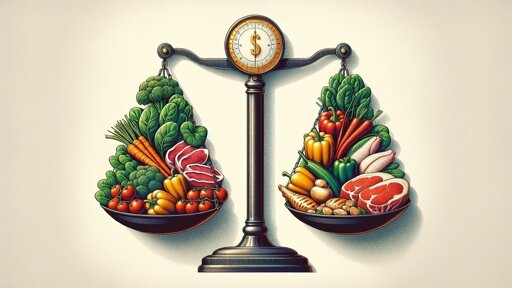With the cost of living soaring, many Kiwi families are struggling to afford healthy food. Countries like Canada and the UK don’t tax basic groceries, and it’s time New Zealand followed suit. Removing GST—or offering a rebate—on meat and vegetables would ease financial pressure, improve access to nutrition, and support better long-term health for all New Zealanders. Let’s push for tax policy that puts people’s wellbeing first. Sign the petition and help make real change happen.



This is a major problem with flat taxes; the ultra wealthy pay a tiny portion of said income/wealth in GST; vs the poor who pay a huge portion of their income in GST.
Not true; complicating GST, complicates it for all businesses. It adds compliance overhead to everyone; even though it would be minimal extra for most businesses, it is not zero. Not zero multiplied across all businesses is still millions in compliance dead weight cost.
A targeted subsidy; could be applied at the producer end, making the bureaucratic overhead much smaller. Thus giving NZ producers a leg up compared to overseas producers.
This isn’t as anti-competitive as it first seems either. Since feeding ourselves is a national security concern. It behooves us to prioritize local production, even in the event we have to subsidize production.
When you talk about a targeted subsidy, the farmers would receive this regardless of if their product is sold in NZ or overseas? Or would there be some apportionment of subsidy based on how much is sold locally?
I would make sure it was NZ production into the NZ market.
No produce heading offshore would get subsidised.
Since NZ produces way more food than we consume, how would that work in practice? Are there models for this in other countries we could follow?
The grower/farmer would have to declare where the produce was going.
I’m not sure how much of this is already done, for traceability reasons, but some is done.
Ah yes. Presumably there would be records of exports and records of sales to local retailers (as well as records to e.g. places that can foods), there must currently be enough information recorded to know where food ends up. So probably isn’t that much overhead to have this process.
Makes sense.